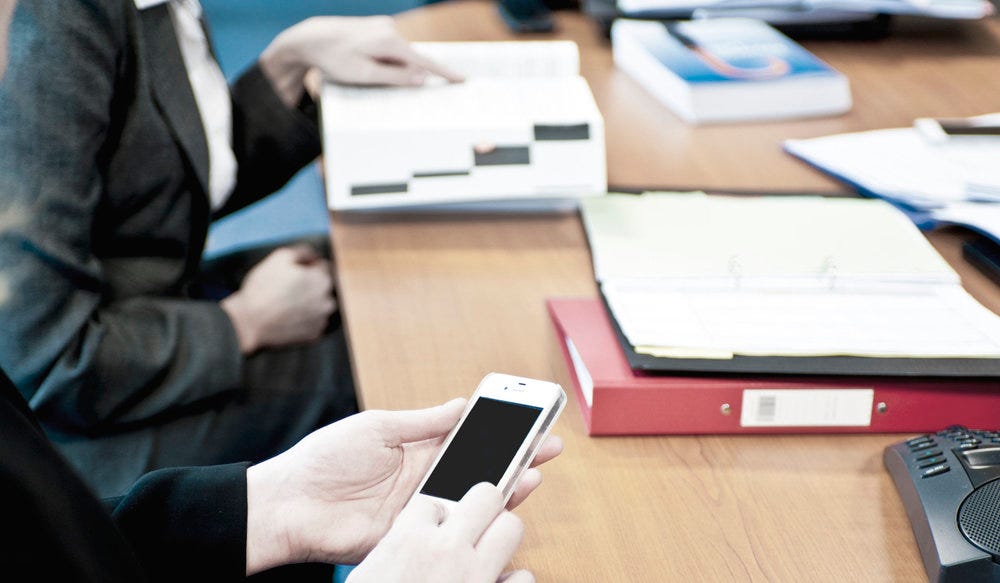Communicating to "Multitaskers"
Can you multitask? Really? Scholars today would say that you can't (Sousa, 2011). They may acknowledge your ability to shift quickly between tasks but wouldn't confuse this with the ability to actually focus on two things at once. The truth is that your alternating your focus on complex tasks results in a loss of cognition. It is not wise to divide your efforts when working on something of importance. The net result is one of lesser impact spread over a wider range of projects. I see how people confuse multitasking with task shifting. We can shift our focus so quickly, it may seem as if we are actually doing two things at once. The fact that we can quickly move our focus from one thing to the other is not an argument to do so. Surely, there are moments when this is necessary. We have three little kids; without task shifting I am sure that one of them would not be alive today. However, this is exhausting, less effective, and… uh, did I mention exhausting.
Alternating focus results in a loss of cognition.
I think that we can gain attention and focus in today’s media-driven society in a few ways. Chip and Dan Heath (2007) describe a series of steps that one can employ in order to make ideas “sticky.” These include the leveraging of simplicity, unexpectedness, concreteness, credibility, emotions, all wrapped up in some sort of narrative. Of these techniques, I like unexpectedness the most. Take this cat for example:
That was unexpected. Try to forget it. I rest my case.
But we can employ tactics like this as communicators as well. When we give people what they expect we can make it too easy for them. When they are required to lean in a bit, and pay attention their retention goes way up. Sometimes we feel so compelled to spoon feed our audiences. I think it is OK, even good, to catch them a bit off guard and to do something memorable.


